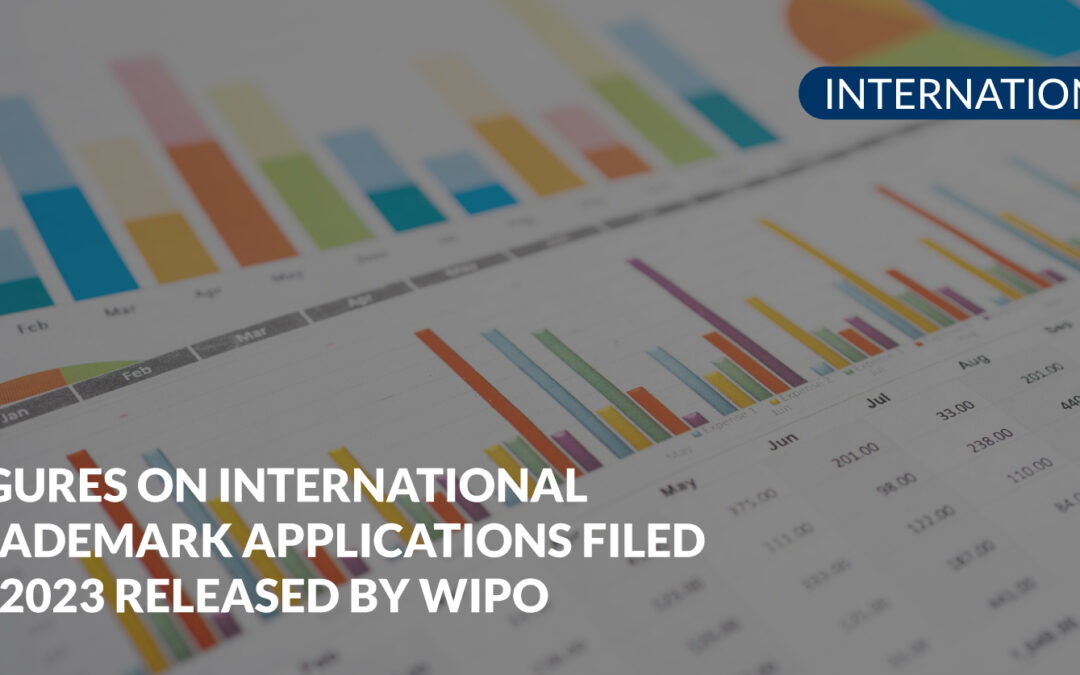
.
COLOMBIA | Copyright, Intellectual Property | Colombian Copyright Law will be modified
The Colombian Ministry of Commerce, Industry and Tourism has released the draft of a bill project to amend the Law 23 of 1982, which regulates some aspects regarding copyright in Colombia.
The bill aims to strengthen punitive measures against piracy (including criminal measures) and update exceptions and limitations to copyrights. Also, it implements a “pre-established damages” concept (the valuation of damages can be made by the judge according to the criteria defined in the Colombian procedure law if desired by the plaintiff) and extends from 50 to 70 years the term of economic rights in head of a legal person (a natural person already enjoys 80 years from the death of the author).
However, the bill does not implement a system to effectively combat technological piracy (like notice and take down procedures) and does not address the role of internet service providers (ISPs) in infringements of copyrights. A future reform including these items is expected.
.
LATIN AMERICA | Intellectual Property | WIPO: Latin America squanders its innovation potential
.
According to the 2016 Global Innovation Index -published by the Cornell University, INSEAD and the World Intellectual Property Organization (WIPO)-, and although some countries have had an interest in promoting innovation, the region has not exploited its potential and has been unable to improve statistically in relation to previous years. The report recommendation for Latin American governments is to adopt long term goals in those topics.
The highlighted countries in the Index were Chile, Colombia, México, Peru and Uruguay. Brazil was distinguished for its importance in the region, and Peru and Uruguay because of their emergent role. In the ranking, the first position for a Latin American country was for Chile, 44th worldwide, and the second place was for Costa Rica, increasing 6 positions according to 2015 rankings.
For more information, please see the following link.
.
ARGENTINA | Intellectual Property | Argentina’s Trademark and Patent Office has a new president: Dámaso Pardo
.
On June 2016 Dámaso Pardo was appointed as the new director of the Argentine Trademark and Patent Office. A new approach to industrial property rights in Argentina is expected.
The new president is member of the International Trademark Association (INTA) and has served as a Partner at the Argentine law firm PAGBAM IP.
BRAZIL | Regulatory | Brazil regulates access to genetic resources
.
On 11 May 2016 Brazil issued Decree N° 8.772 (2016), which regulates Law 13.123 of May 20 2015 governing access to genetic resources, protection and access to traditional knowledge, and distribution, benefits of conservation and sustainable use of biodiversity.
The decree regulates how the law should be applied and identifies principal problems in the access to genetic resources. At the same time, the Decree regulates the Management Board of the Genetic Heritage functions (under the Ministry of Environment), which authorizes the access and exchange of genetic material.
The decree considers the following as genetic heritage: (i) microorganisms isolated from the country´s substrates; (ii) plant and animal species that are spontaneously found in the national territory, and that acquire specific characteristics of the country, and (iii) species with genetic diversity adapted by indigenous people, traditional communities and agriculturists.
.
COLOMBIA | Regulatory | New meat product sanitary regulation enters into force in Colombia
.
Starting 9 August 2016, Decrees 1500 of 2007 and 2270 of 2012 gradually entered into force, as part of the Colombian Government’s aim to ensure meat products with quality and free of transmissible diseases.
Its full implementation will be achieved in the next 2 years, and are characterized by defining sanitary requirements to be complied in the chicken, bovine and pork meat processing chains.
The new regulations imply the need to modernize slaughterhouses, estimating the closure of over 315 in the first year.







